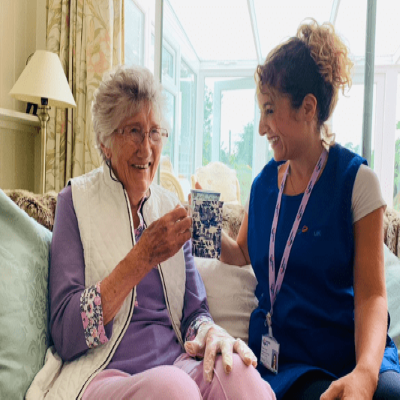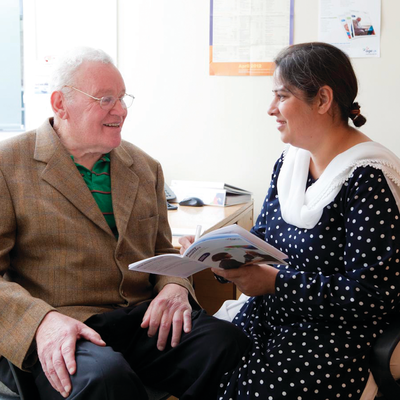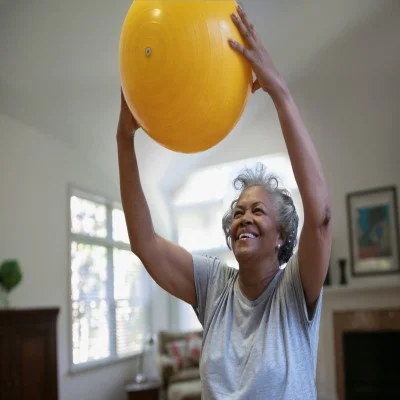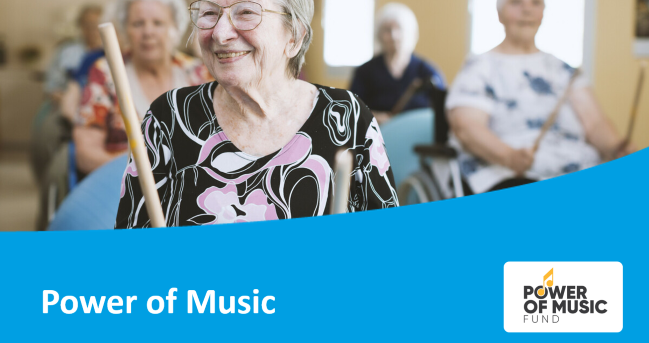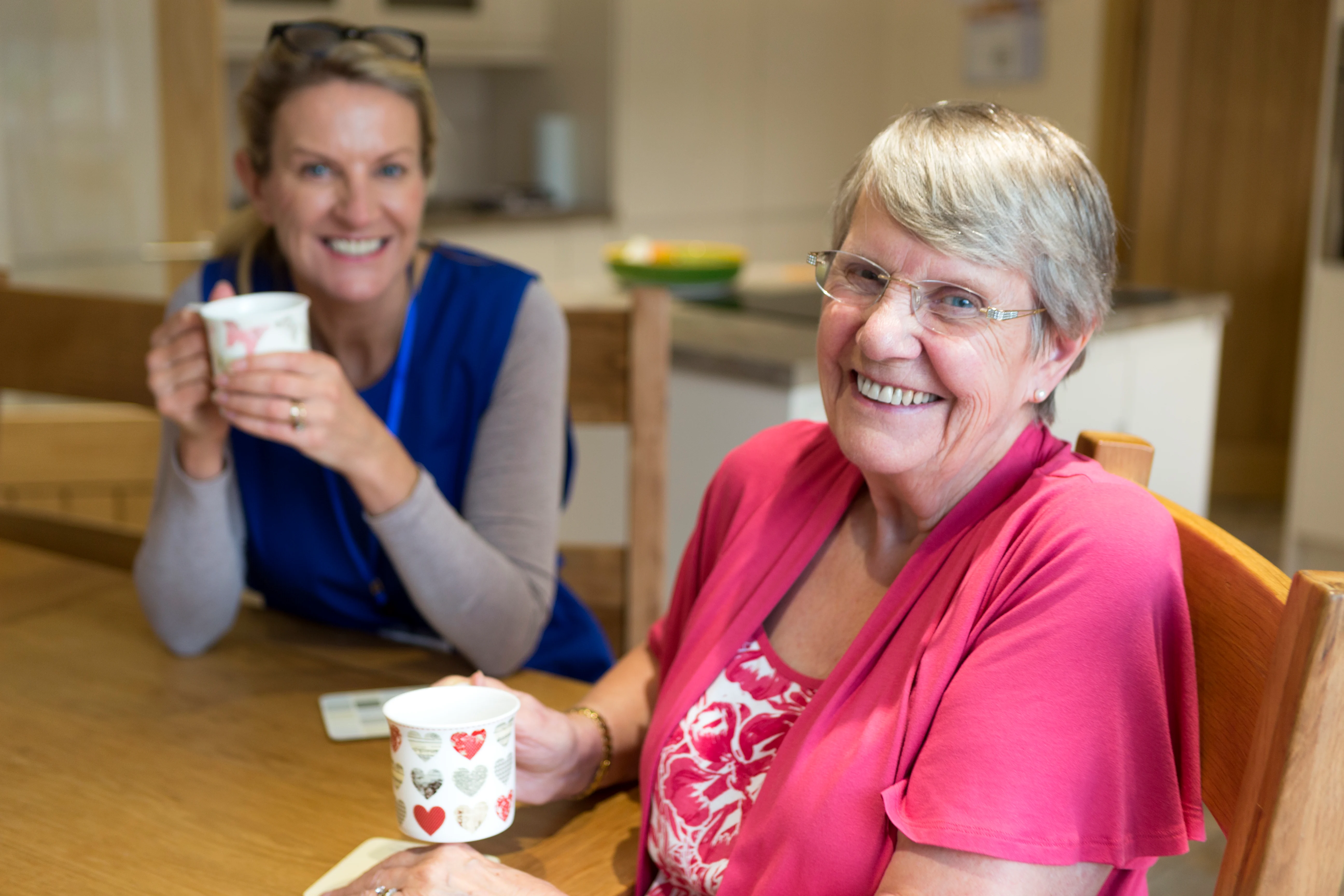
We're recruiting new Home Helpers
We are looking for caring and compassionate people to join our Help in the Home team to do cleaning, shopping and other domestic duties in the homes of local older people - the same as you do in your own home. We pay £12.88 per hour plus paid holiday pay.

